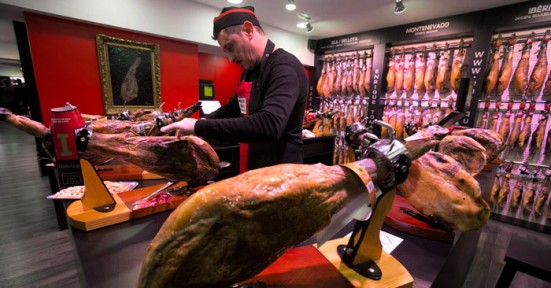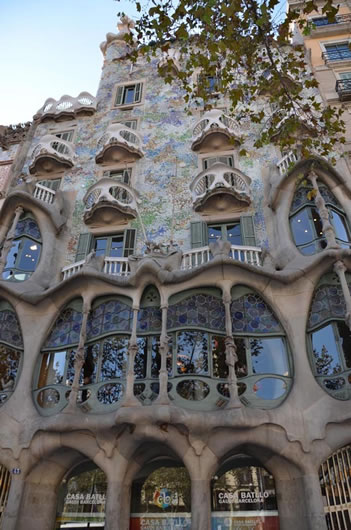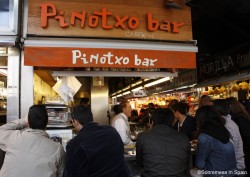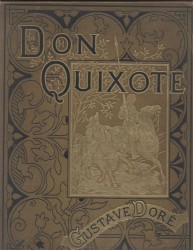
Enrique Tomás on Carrer de Pelai
My perfect day in Barcelona would definitely start with an Iberian ham sandwich, no tomato please, I might be the only Catalan that doesn’t like pà amb tomàquet – no one is perfect.
Food is a big part of a perfect day, and I would start with Iberian ham from Enrique Tomás on Carrer de Pelai, there’s nothing like good quality Iberian ham.
I would walk down las Ramblas in the morning after breakfast at around 10am, any later will be a battle between tourists and locals. It is a pity that the city centre has become a forbidden place for locals since you know how crowded it would be so you don’t want to fight every step you make. Although this changes with the season, I certainly hope that Barcelona tourism is sustainable and tourism in the future combines the local needs with tourism growth. Read the rest of this article…

Casa Batlló
“I have to thank Rob for letting me share on his blog one of the routes I’ve done on more than one occasion when I go to Barcelona. We usually go alone my Nikon camera and I, from now on I will have the feeling that you’re all accompanying me, it will be a pleasure.
I have the great fortune to live 30 km from this fantastic city, which allows me to get there any day of the week. I don’t know why, but I usually choose Wednesdays. I suppose that even though the city is always crowded with tourists and local people, you can still breathe the calm of the beginning of the week.
First of all a good breakfast and if it can be Pa amb tomaquet i pernil (Bread with tomato and ham) all the better. I know! It is very typical, but… the roots are the roots. Once I have the batteries fully charged I start the route. I advise that if you want to follow me you’d better wear comfortable shoes, because the whole journey is by foot. Read the rest of this article…

Bar Pinotxo, La Boqueria
What is a sobremesa?
Sobremesa is one of my favorite Spanish words, but it’s much more than a word, it’s a cultural act. In Spain people take their meals very seriously, hours can be spent at the dinner or lunch table chatting long after the plates have been cleared and the coffee has been served. It’s a time to bond with your guests, savor the moment without rushing and pragmatically, to digest your food. Overall it’s a wonderful and celebrated practice throughout Spain.
“I write about food, take pictures of food, think about food, turn every conversation into some topic of food, so it comes as no surprise when I’m in Barcelona, one of the food capitals of the world, I chow down. What I love about Catalan cuisine and the food culture of Barcelona is its determination to provide fresh, flavorful combinations to the masses at reasonable prices and with a slice of humility. Sure some have received Michelin stars, or can show off hundreds of press accolades adorned on the wall, but besides this, many continue to do what they set out to do decades ago. Setting an example for new chefs and young talent to follow in role-model fashion. Catalans have a very concrete culinary identity and I think this confidence shines through in their creations, meanwhile the patron walks away with a smile and without having this experience leave a whole in their wallet. Read the rest of this article…

Don Quixote rode into Barcelona in the 16th century
An article from Hildy Snow about the wild side of Barcelona literature.
Most discussions about Barcelona as a literary city inevitably end up with people mentioning two books: Carlos Ruiz Zafón’s The Shadow of the Wind and Ildefonso Falcones’ Cathedral of the Sea. Not to knock these books – they’re good reads – but there’s so much more to the city’s literary universe than these bestsellers and their Barcelona literary brand of Gothic mystique and historical weightiness. The Catalan capital’s literary life goes back much, much further. Beyond the post-war struggles of Mercè Rodoreda’s La Plaça del Diamant, beyond the Civil War battlefields of George Orwell’s Homage to Catalonia. All the way back to Cervantes, whose Don Quixote and Sancho Panza rode into Barcelona in the 16th century. For eons, Barcelona has served as the literary scene of romance, love, betrayal, adventure, friendship, familial conflict, mystery, crime and war. Read the rest of this article…









